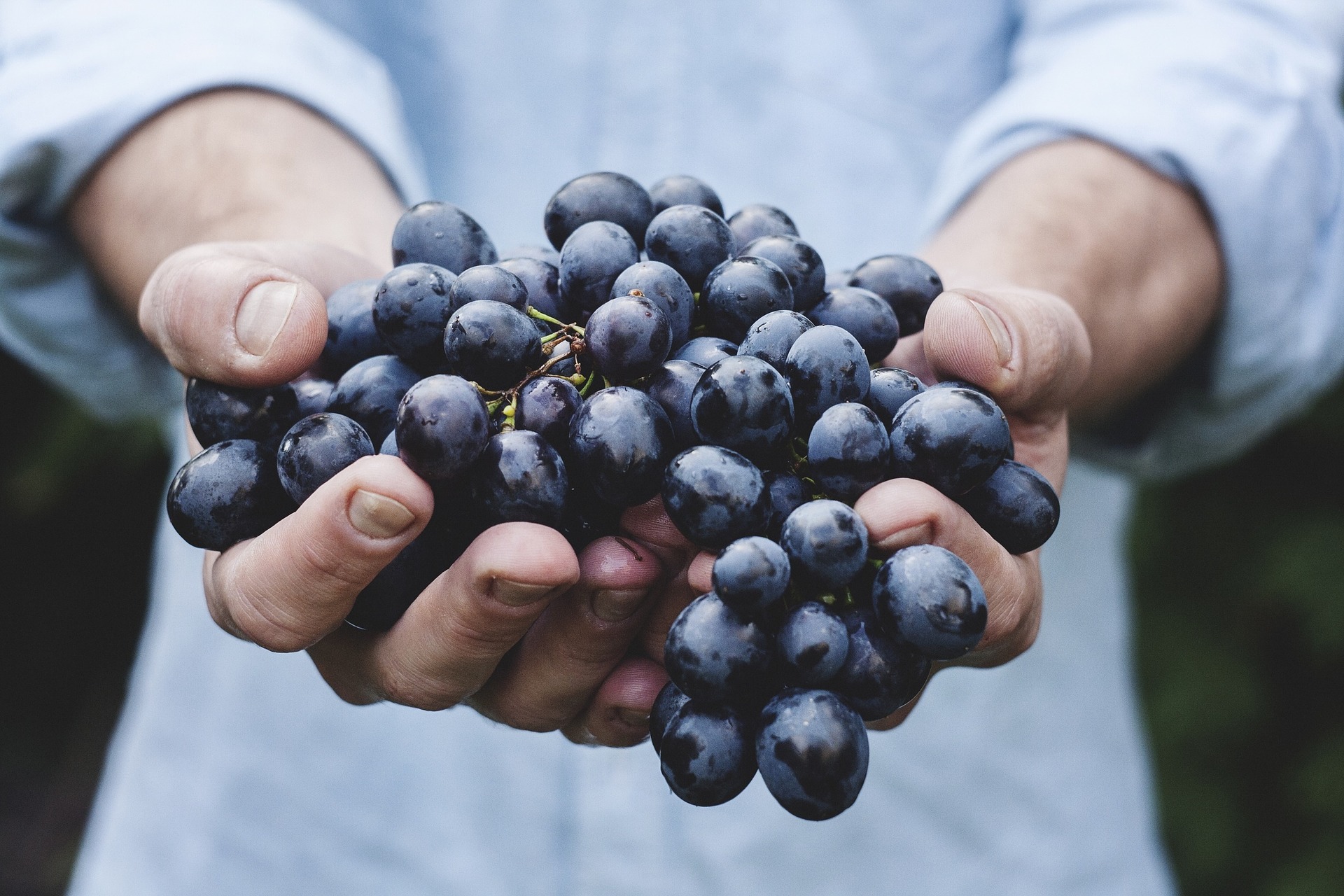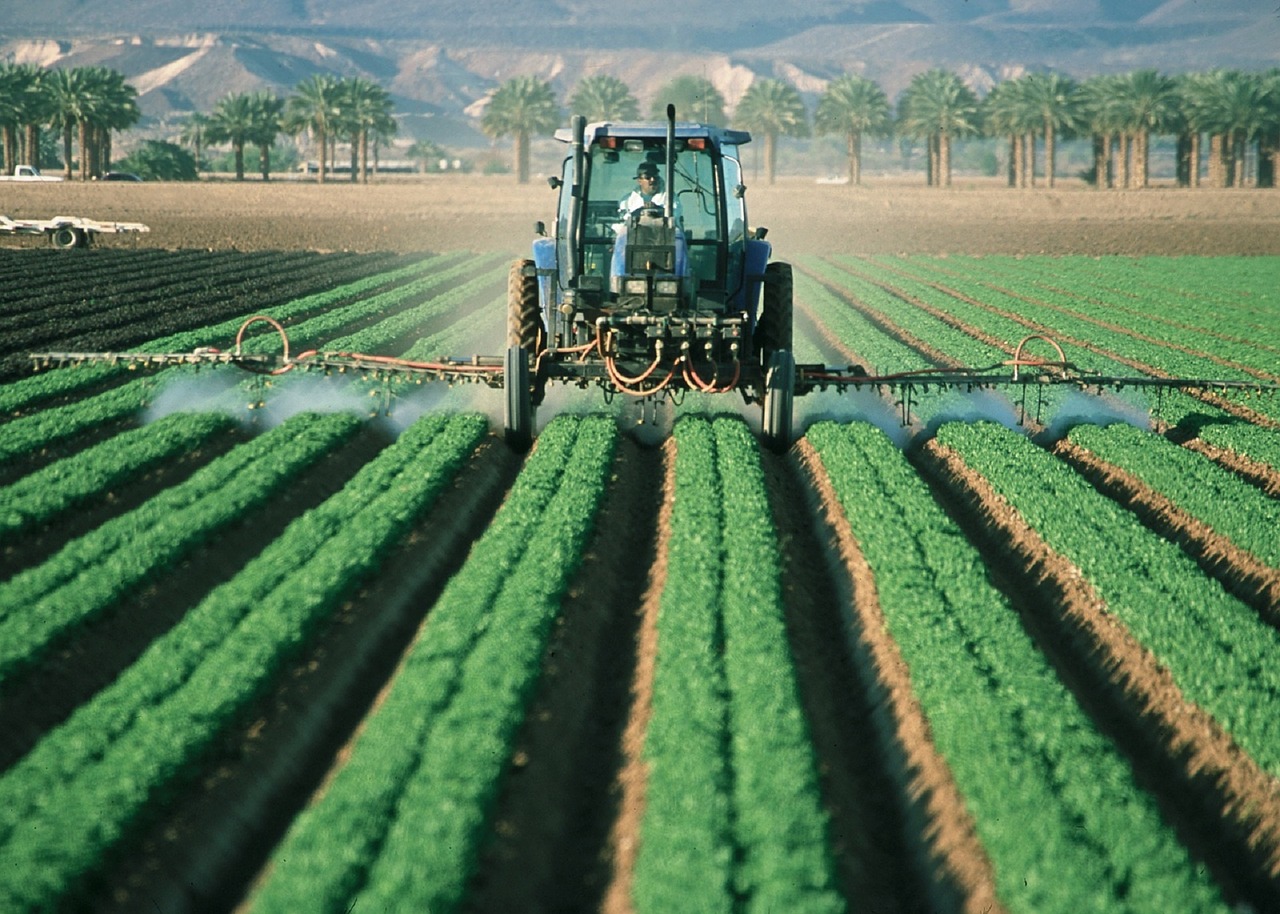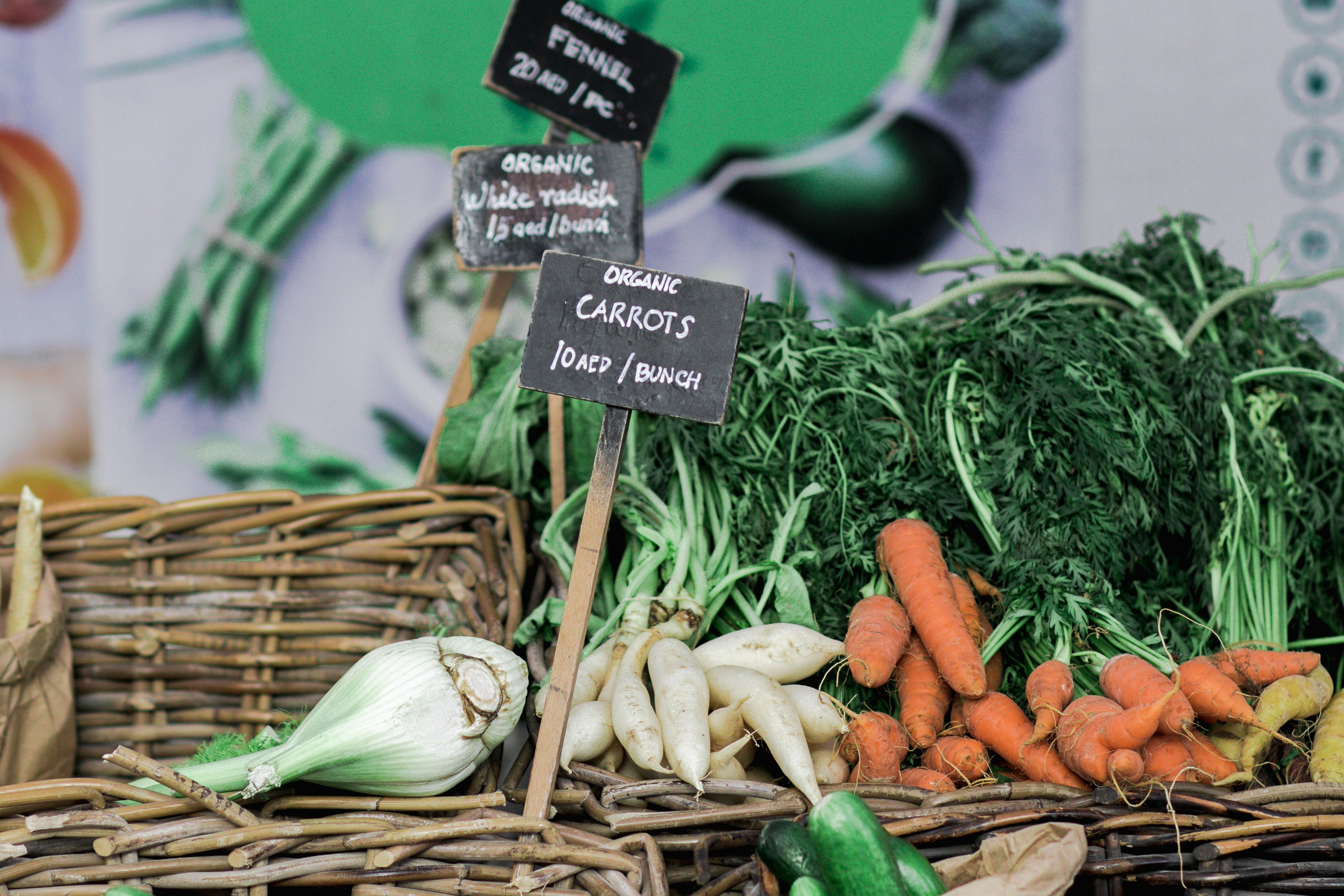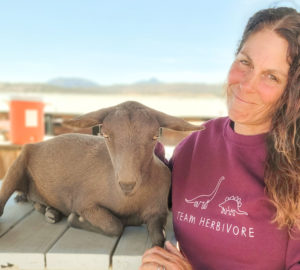Eating organic: everything you need to know
The debate continues over the benefits (or lack thereof) of eating organic food versus sticking to more affordable, non-organic alternatives.
But according to a study, worldwide net sales of organic food have financially grown exponentially — from US $90 billion in 2016 to US $97 billion the following year. And this doesn’t even include the beverage industry!
People are literally buying into eating organic — but should they be?
What are the benefits of eating organic and should you start purchasing your fruits and vegetables from that small, chilly, and slightly more expensive section of the grocery store?
Here, everything you need to know about eating organic.

What does organic mean?
Organic is defined as foods that are grown without synthetic fertilizers, pesticides, and additives.
Are there any health benefits?
The jury is out over the health benefits of eating organic versus not. As of now, there is no concrete evidence that supports that eating organic is better for you or your health. More tests need to be run over longer periods of time to determine this.
Organic fruits and vegetables do appear to have more nutritional value, but time will tell how significant this impact is.
Are there pesticides in organic food?
Pesticides hurt more than just the pests they are meant to be targeting. Often, these poisons make their way inadvertently, and sadly, onto our plates.
The short answer is no, however, some organic food does have pesticides in it.

Sadly, there are some organic farmers who pay high prices to have an organic certification that allows them to charge more for products that have the same amount of chemicals in them as non-organic. A strong, organic certified label needs to be clearly defined to classify and register farms as organic ones, but let’s save that for another article!
To sum it up: no matter the produce you consume, there will likely be some pesticides, just far fewer of them in organic food!
View this post on InstagramA post shared by Wholesome Culture (@wholesomeculture) on
For more information on pesticide use, check out this post about glyphosate – a commonly used and dangerous weed killer that is hiding in many of the foods we eat.
What is organic farming?
Regardless of whether or not our food has pesticides, organic farmers are having less of a negative environmental impact than non-organic farmers.
Chemicals used on non-organic farms pollute wildlife, waterways, and soil, thus damaging our ecosystem. Livestock kept on organic farms, though sad all the same, normally live healthier and more natural lives as they are not pumped full of genetic modifications.
These are a few factors to consider when choosing whether or not to eat organic.
View this post on InstagramA post shared by Wholesome Culture (@wholesomeculture) on
Which organic fruits should I eat?
The Environmental Working Group, a non-profit organization, have compiled a list of fruits and vegetables that they classify as the Dirty Dozen — those foods that have the most pesticides after being washed and peeled. If you are going to ‘go’ organic, these are some great foods to start with!
- Strawberries
- Nectarines
- Apples
- Grapes
- Peaches
- Cherries
- Pears
- Tomatoes
Which organic vegetables should I eat?
- Spinach
- Kale
- Celery
- Potatoes
Is it necessary to eat organic?
No, it is not necessary to eat organic. The high price of eating organic can off-put even the most devoted clean eaters — but at the end of the day, the cruelty-free benefits of eating organic may make a more expensive grocery bill worth it.
From farmers taking better care of both the earth and their livestock, eating organic may have many secondary benefits that will ultimately make the world a better place.
Thinking of trying organic out? Check out our organic collection!
View this post on InstagramA post shared by Wholesome Culture (@wholesomeculture) on
For even more inspiration about eating organic, plant-based diet tips, and more, check out these other posts:
- Everything you need to know about 8 plant-based diets
- 10 cruelty-free spring beauty tips that will leave you glowing!
- 6 facts you need to know about vitamin B12
- Here’s why you need to jump on the celery health trend right ASAP









